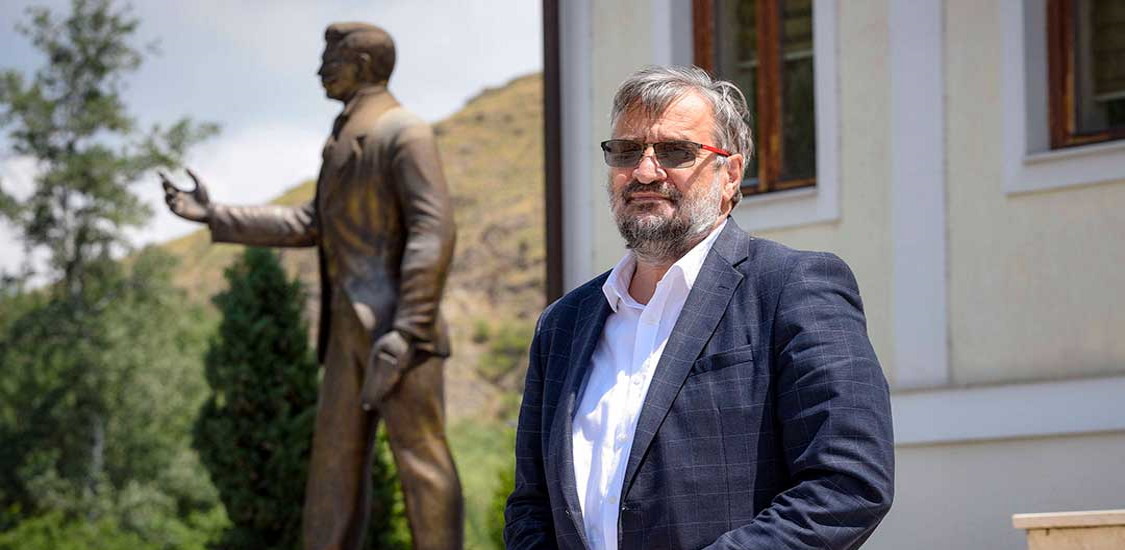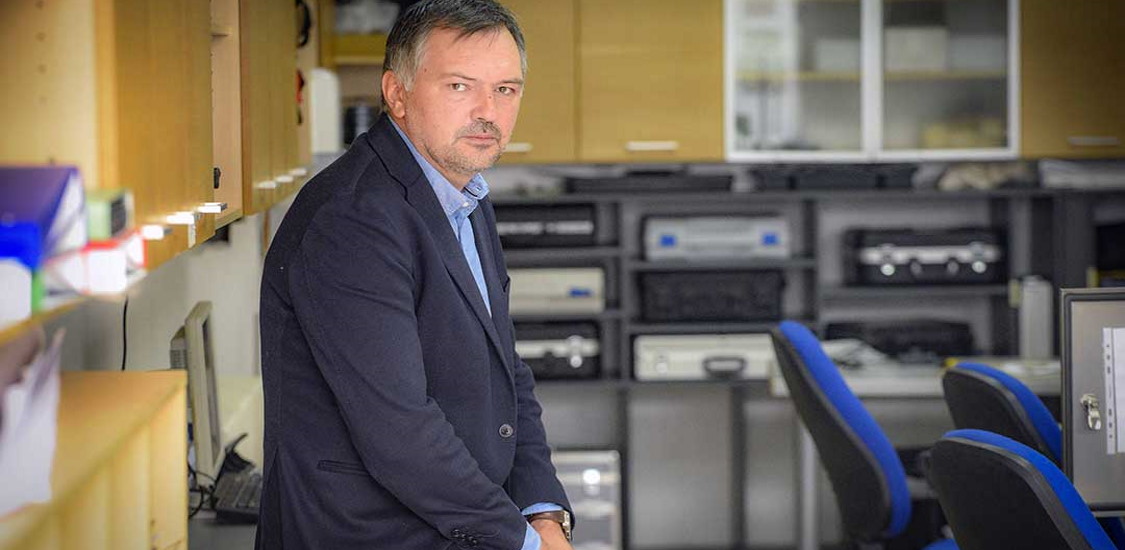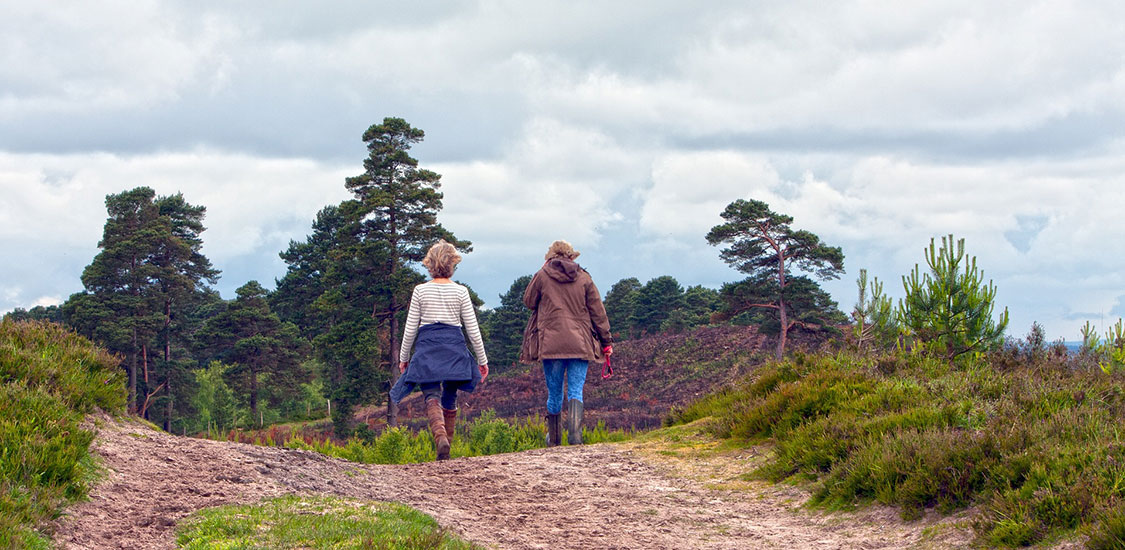
Environmental discrimination: rural women vs. climate change
With natural disasters and changing weather conditions, rising air temperatures and declining natural resources, the climate change is having a direct and indirect impact on the lives of people all over the world.
In addition to being one of the biggest challenges in the area of environmental protection, climate change can also have a significant impact on existing gender inequality.
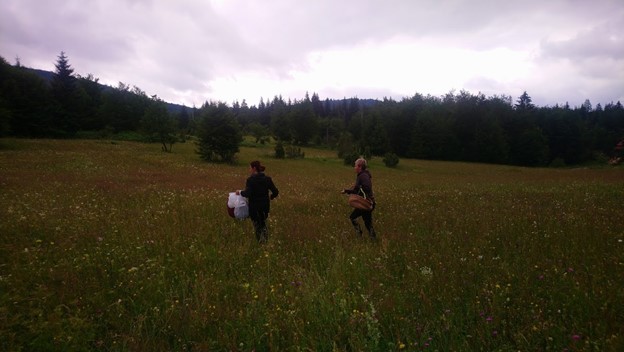
Climate change affects everyone, but not equally
Agriculture, as a key activity for survival of the human communities, depends on climate conditions, given that crops are sensitive to mild climatic variations. Due to changing weather conditions, plant growth changes, while the number of pests increases. High air temperatures expose plants to heat stress and lead to evaporation of nutrients from the soil, which further causes soil erosion as a result of stronger winds and fires in the arid regions. The Western Balkans countries, as developing countries, suffer negative consequences in that sense, as most agricultural households in the region rely on land feeding and rain crops, instead of irrigation systems.
Weather conditions in the rural areas cause insecurity when it comes to crops and food. The fruits often fall under heavy rainfalls; on the other hand, groundwater levels are depleted by droughts, which also affects soil fertility. On top of that, the cash revenues are uncertain, making agriculture unprofitable for small farmers.
At least three out of four people living in extreme poverty live in villages and rural areas and are predominantly engaged in agriculture, so the rural population is undoubtedly the most vulnerable to the negative effects of the climate change.
| Payback |
|
However, the agricultural activities do affect the climate change, by changing the purpose of the land, burning unused crops, creating flooded areas for rice and sugar cane production, using nitrogen fertilizers, breeding of ruminants and air pollution, including desertification of the land. |
Not all are equal even among the unequal
Rural women play an important role in the agriculture – in the process of providing food, in the management of natural resources and land, and even in the management of the household itself.
Despite these important roles, women generally do not own the agricultural land and therefore face limited access to resources. Many rural women do not work on their own land, but work as agricultural workers in exchange for money. For the landowners, climate change means reduced yields and economic instability, and for engaged workers it means income insecurity or even job loss. The rural wages of women are often lower than the wages of rural men. In addition, rural women continue to carry the heaviest burden of unpaid work due to the stereotypical gender roles.
The percentage of women engaged in the agricultural sector is higher than the percentage of men – according to the United Nations, every third woman who is employed works in agriculture.
The climate change may exacerbate the existing gender inequalities in agriculture. The Intergovernmental Panel on Climate Change (IPCC) mentions in its report that the dangers of climate change “exacerbate the existing gender inequalities, making many women more vulnerable to climate change.”
Today, women in rural areas suffer from stronger adverse effects of the climate change as a result of the different gender roles that men and women acquire in the course of their lives, and because of the development of different interests and skills that predominantly shape the everyday activities.
Due to greater employment opportunities, men often migrate from rural to urban areas in search of work, leaving the women in the rural areas solely responsible for economic agricultural production, in the fight against climate change – in the struggle for healthy fruits.
Given that the household decision-making is predominantly reserved for men, the rural women often have the role of auxiliary member of the household, while a very small percentage appear in the role of manager of an agricultural holding, although according to the United Nations, rural women have a key role in the adoption of low carbon technologies and the dissemination of knowledge about climate change. Hence, the inability to participate in the decision-making when it comes important issues, all because of the gender inequality, makes the rural women more vulnerable to the negative impacts of the climate change.
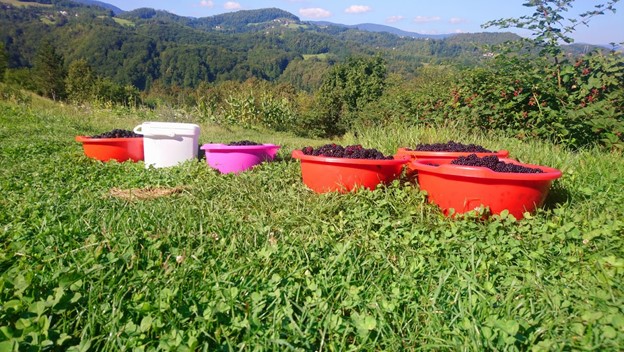
Rural women take care of the rural household, which significantly limits their time for agricultural work, as well as for possible measures for adapting to the changing weather conditions.
Women farmers also face multiple production constraints, including limited access to resources and limited mobility. The rural women have significantly less funds to invest in agriculture, for example in irrigation or drainage systems. In order to make profit by spending less resources, the women farmers turn to growing crops with more chemical inputs, resulting in a loss of income and soil infertility.
In many parts of the region, droughts are forcing the rural women to travel longer distances in order to get the water they need. In some rural mountainous regions, the melting snow peaks further reduce the water supply. The water scarcity is a problem for agriculture and food supply and affects one of the main roles of women in the community – their role in providing food.
The problem of lack of information is an additional challenge for rural women because it is part of the process of adapting to climate change. It is important for both women and men to be prepared and informed about the consequences of the changing weather conditions, in order to include the interests and capacities of men and women in the potential adjustment measures.
Dealing with agriculture involves large areas of land. The women in the region own an average of up to two hectares of arable land, and they do not use state land at all. Whereas in the past the state laws or customs restricted the rural women from gaining land rights, today it is the gender inequality that makes it difficult for them to access credits and agricultural advisory services, which reduces their ability to invest in land quality in the long run. According to the World Bank, women typically manage smaller plots and cultivate less productive crops, while farms run by women have average yields due to the limited access to agricultural production resources and land, financial services, water, rural infrastructure, technology and workforce.
Rural women are more dependent on the ecosystem services than men. A recent study conducted in Malawi showed that, in situations of extreme weather, when resource consumption and food are significantly reduced, the negative effects of disasters are more pronounced in areas where most of the land is owned by rural women. This confirms that women farmers who are facing climate change are much more vulnerable than men and at the same time they are less able to cope with the changing weather conditions.
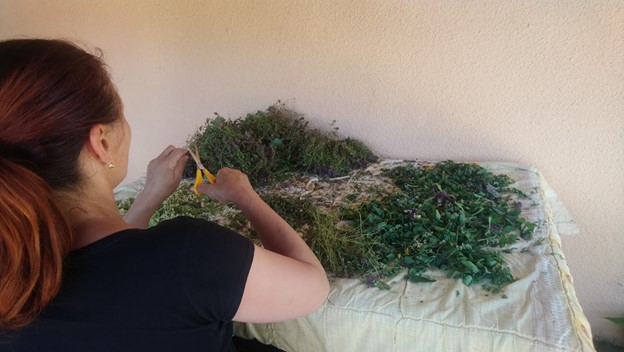
Equality is the solution
If the important roles of the women in agriculture are recognized and if the rural women are given equal access to resources and services, climate change can also provide significant opportunities for rural women as they are the drivers of the change towards sustainable agriculture.
The solution to the problem of the rural women is in transforming their marginalized role in the agriculture. The women need to be empowered, strengthened and given access to skills, finance and market.
The entire Western Balkans are affected by the effects of climate change, especially in the form of extreme weather events, such as epic floods and increasing droughts. The countries of the Western Balkans are traditionally agricultural countries, and the impact on agriculture is indisputable.
Let the International Rural Women’s Day, which is celebrated on 15th of October every year, remind us of the most vulnerable among us and encourage us to reduce the activities that lead to climate change, because the rural women are only the most vulnerable among us who are vulnerable.
Author: Jelena Jeremic – environmental lawyer





